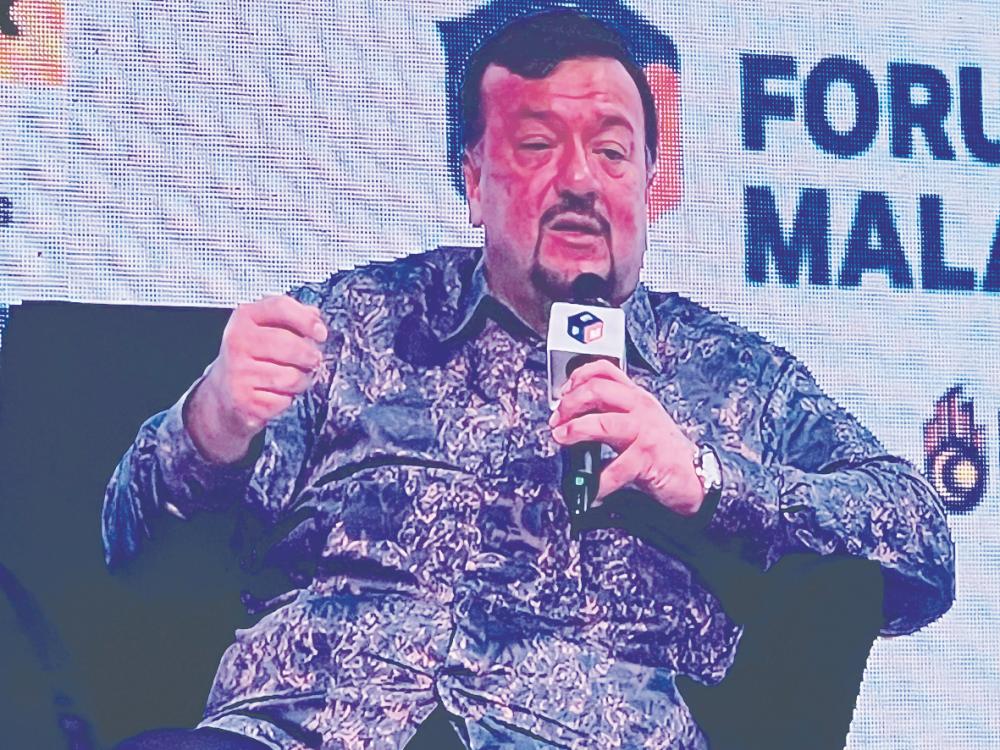KUALA LUMPUR: The government’s targeted diesel subsidy reform is expected to yield savings of up to RM7.5 billion annually, nearly double the initial RM4 billion projection.
Finance Minister II Datuk Seri Amir Hamzah Azizan highlighted the importance of a robust, data-driven system to identify those who truly need the subsidy while minimising fiscal risks.
“The government attributed the improved savings forecast to the effective rollout of a well-structured subsidy mechanism that reduces risks across different sectors without causing inflationary pressure,” he said at the Malaysia Economic Forum 2025 today.
Amir Hamzah emphasised the ongoing collaboration between the Economy Ministry and the Finance Ministry to refine the eligibility cut-off points and subsidy mechanisms, ensuring smooth implementation.
He said the targeted approach is also being extended to RON95 fuel subsidies, with a two-tier system under consideration.
“Similar to diesel, RON95 subsidies will be restructured to balance market-driven pricing with public assistance.
By implementing these reforms, Amir Hamzah noted that the government aims to enhance fiscal resilience, reduce wastage, and allocate resources more effectively.
He said these measures align with broader efforts to strengthen Malaysia’s economic fundamentals while addressing the fiscal challenges posed by global volatility and rising costs.
“This reform not only reduces fiscal risk but also positions Malaysia as a model for balancing economic inclusivity with market efficiency,” he remarked.
He said that a two-tier system will be applied to RON95, where those in need of support will receive targeted assistance, while others will be subject to market prices.
The 2025 Budget, presented in October last year, outlined the government’s proposal to implement targeted subsidies for RON95 petrol by mid-2025, with an estimated allocation of approximately RM12 billion benefiting 85% of Malaysians.
When announcing the initiative, Anwar highlighted that foreign nationals and the wealthiest 15% of users were reaping 40% of the RM8 billion worth of RON95 petrol subsidies.









